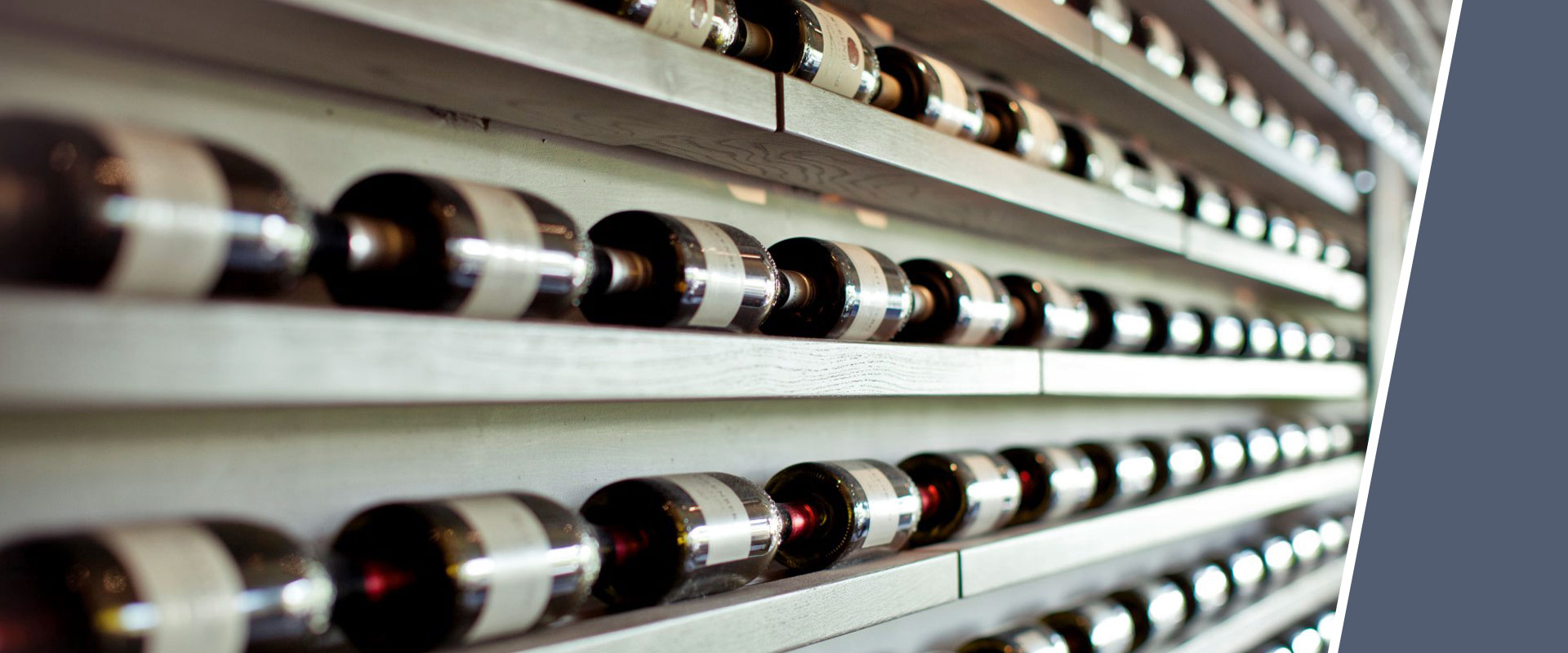
Cork or Screw Cap?
Generally, vintners from South Africa use two different closures for their wine: cork on the one hand and screw caps on the other. There are always discussions about which closure type is the best, why you should use this or the other. Actually, the answer is rather simple: corks as well as screw caps are fantastic methods to seal a bottle. As so often, the personal taste plays the most important role here.
Cork, a Tradition
Not only in South Africa but worldwide, a bottle closed with a natural cork stands for a true premium wine. A good cork seals the bottle and protects the wine against bad influences. For many wine lovers, the great advantage is the material; the natural substance seals tightly yet lets tiny amounts of oxygen come through, too. Due to the slightly higher oxygen contact, the wine can potentially keep on maturing in the bottle which leads to very special aromas; connoisseurs appreciate this effect of cork especially for red wine. However, a wine matures further in the bottle without additional oxygen contact, too. As a matter of fact, there is no verified study that can link an especially good taste of a wine to additional oxygen contact. Furthermore, a cork closure also has disadvantages solely because of its material. If a bottle is stored standing, the cork can become brittle and not optimally close the bottle any longer. Penetrating extraneous smells can spoil the bouquet and taste. It can also happen that a cork develops 2,4,6-trichloroanisole, short TCA. This substance makes for what is generally called ‘cork taint’ which is an unpleasant taste in the wine.
Screw Caps are Affordable, but by no Means just Cheap
For some traditional gourmets, screw caps symbolize the decline of wine culture and a decreasing quality; although a screw cap unites the security of a cork without having its disadvantages. It keeps the bottle sealed and perfectly protects against damaging influences. As it cannot become brittle, bottles with screw caps can be stored standing; that makes the storage more flexible. Also, this closure does not develop substances that can influence the wine. Nevertheless it is not the case that a screw cap would prevent the maturing of a wine in the bottle. The bottling process always leaves a small rest of oxygen in the bottle; furthermore, chemical analyses have proven that no additional oxygen is necessary for the wine to keep on maturing. Just like with a cork, old red wines with a screw cap had matured into true showpieces after some years. Also, at only a couple of Cent per piece, a screw cap is significantly cheaper than a cork. A good cork, maybe even handmade, easily costs one Euro per piece. This is mirrored in the higher price of such a wine.
Which closure is better, cork or screw cap, can really not be determined. Purely objective, there is much to be said for screw caps to be the winners. But the feeling, almost like a ceremony of gently removing the cork with a corkscrew, the silent ‘plop’ when opened is reason enough for many gourmets to pay a bit more. The occasion at which a bottle is opened seems to be important, too. For a romantic dinner for two, at which ambience and atmosphere are vital, a gentleman is likely to prefer the bottle with cork. For a big party at which many guests have to be satisfied, screw caps are recommended.
No matter whether you prefer screw caps or cork, one thing is for sure. In both bottles, there will be South African wines of an equally high quality and you should enjoy this delicacy with all your senses.
